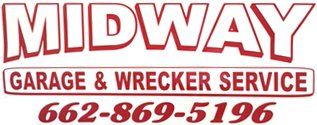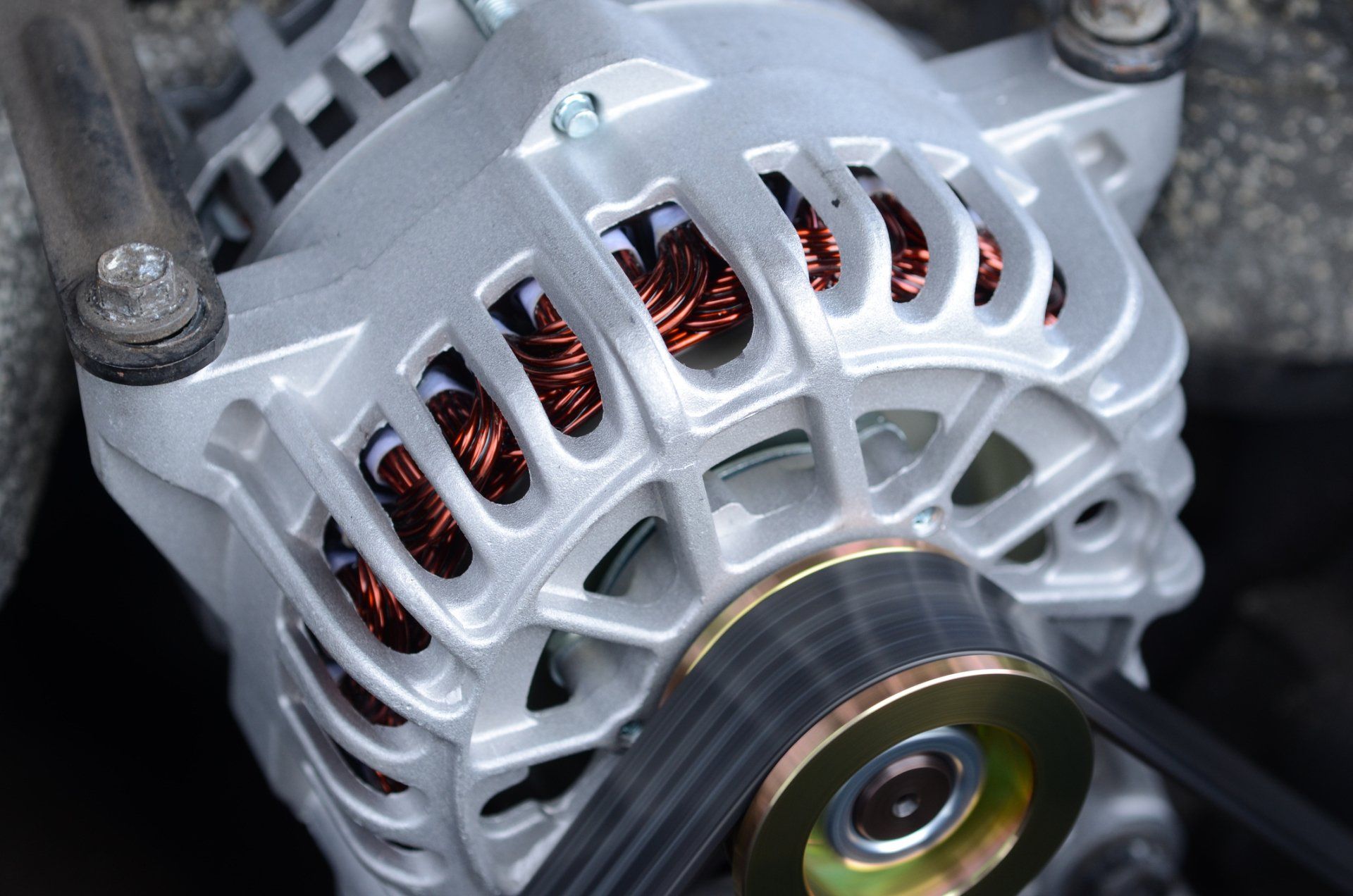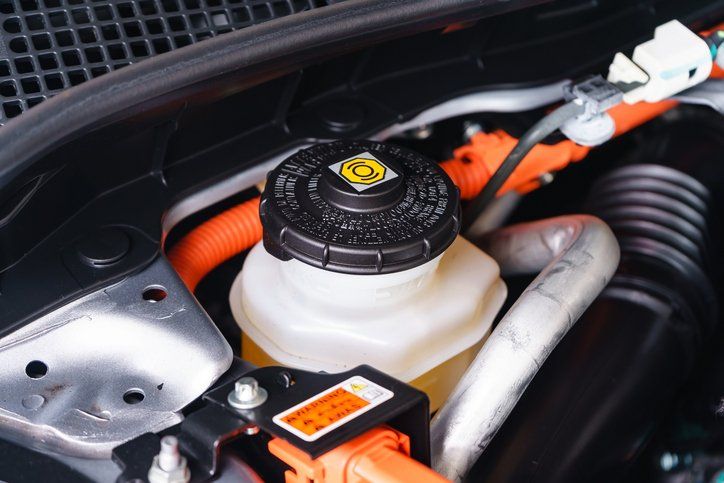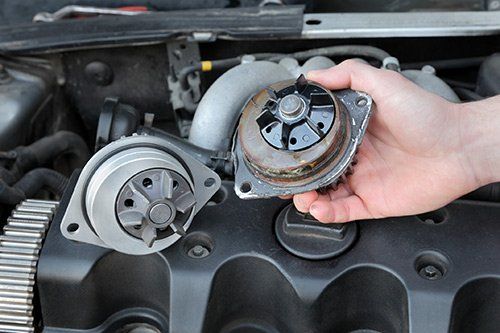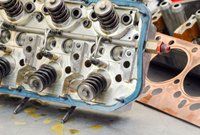
When you own an older vehicle that needs repairs on a consistent basis, you have a dilemma. How do you decide whether to keep spending money to repair a vehicle that may soon end up in a local scrapyard?
The decision should be based on various other factors besides the age of the vehicle. While it's true that your older vehicle may eventually need to be sent to a salvage yard, it may also last for several more years of faithful service.
Here are a few other points that you should consider before deciding to get rid of your older vehicle.
The Costs Associated With a New Vehicle
New vehicles are sold with limited warranties, so if repairs are needed, they can be performed without additional expense. However, the value of a new car depreciates substantially the moment that you drive it from the dealership. Most people won't pay anywhere near full price for an almost-new vehicle, so the loss of equity in buying a new vehicle may be greater than occasional repairs to an older vehicle.
New vehicles also require more expensive collision insurance coverage because of their enhanced value. Collision coverage isn't even necessary in most older vehicles. That’s because most insurance companies will only pay book value or replacement value in the event of an accident, with the owner's agreement to send it to a salvage yard.
The Costs Associated With a Newer Used Vehicle
Used vehicles don't have the instant depreciation of new vehicles, but they do have more limited warranties and still require collision insurance. While newer used vehicles are not as likely to need repairs as your older vehicle, you have no idea how they were treated by previous owners.
Poor maintenance or driving skills from past drivers could lead to potential future problems for you. If you've had your older vehicle for a period of several years, and you've kept up with basic maintenance and repairs, your older vehicle could require fewer future repairs than a more recent used vehicle.
The Features of Older Vehicles Compared to Newer Models
If your older vehicle lacks many of the newer amenities that you desire, such as touch-screen panels and Bluetooth capability, now may be a good time to upgrade. However, if you're not interested in these features or can add them through accessorizing your older vehicle, you may be paying for some expensive options that you don't want or need in a newer vehicle.
The styling of your vehicle can also be an important factor in determining whether to keep it or buy a newer version of the same model. Vehicle models are likely to undergo major transformations over a period of several years, with some models unrecognizable from their previous incarnations. If your older vehicle is your dream car, or just warmly familiar with lots of memories, maybe you should consider aesthetics over practicality.
The Availability of Parts for Older Vehicles
The one definite advantage in keeping an older vehicle is the greater availability of used parts from previously salvaged vehicles. This availability is due to the greater number of older vehicles in salvage yards compared to newer models.
Some salvage yards remove the operable parts from salvaged vehicles before scrapping the vehicle and storing and cataloging the parts for future sale. Other yards simply store salvaged vehicles and pull parts as needed or allow customers to wander their yard and pull their own parts. Either method results in substantial savings compared to buying new parts for an older vehicle.
The optimal location for owners of older vehicles that need occasional TLC would be a salvage yard that also provides towing and repair services. If you're in the Saltillo, Mississippi area, you're in luck. Midway Garage & Salvage LLC
provides all of these services and always welcomes new customers who want to keep their older vehicle on the road for as long as possible.

